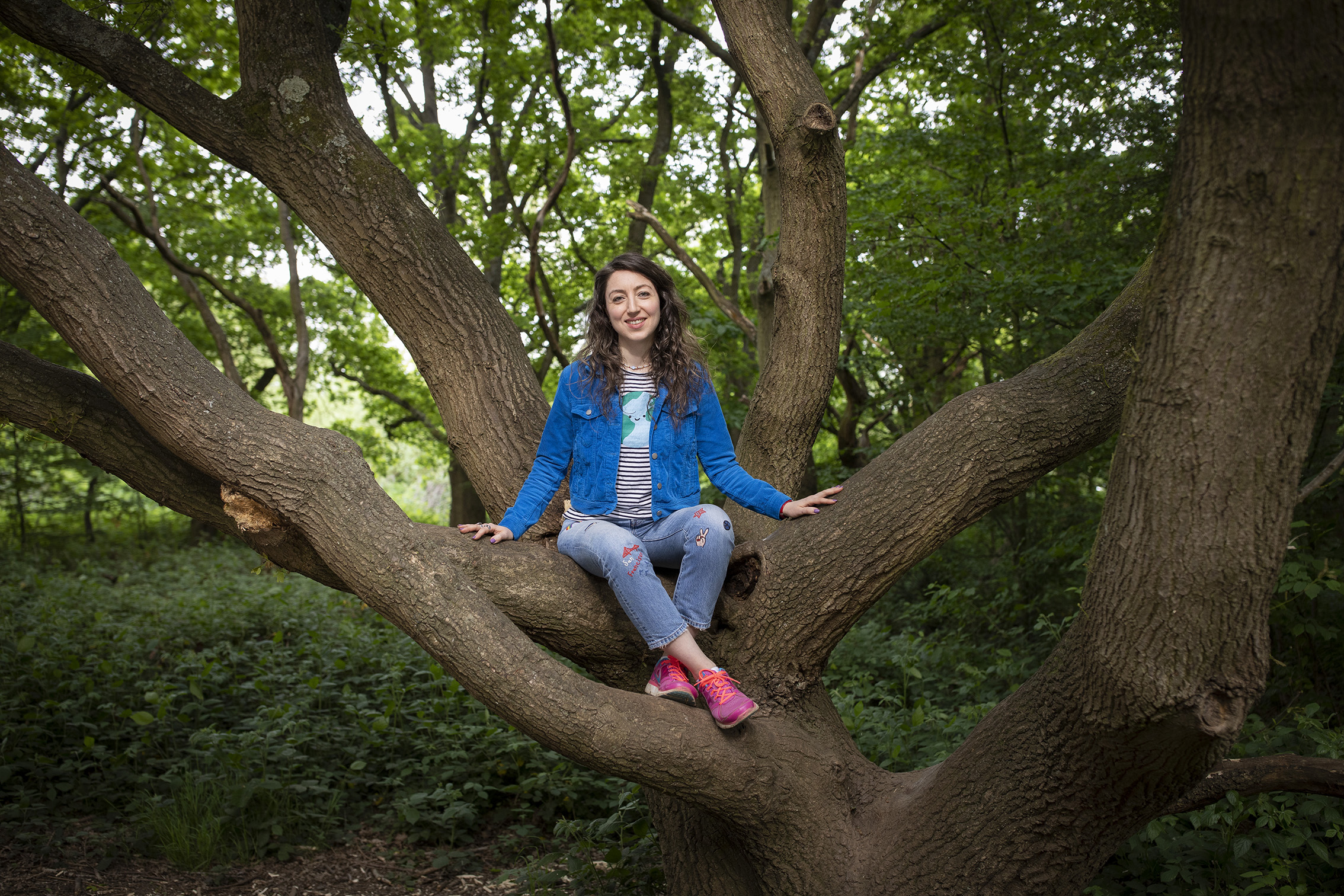
In conversation with Leila Taheri: a psychoanalytic exploration of littering
We spoke with Leila Taheri about her psychoanalytic research on littering, which was explored in her dissertation for her Psychoanalytic studies (M16) Master’s degree, from which she has recently graduated. Leila is a creative director working in advertising who is passionate about green spaces and co-leads Friends of the Welsh Harp, a group caring for the nature reserve based in North West London. She is also one-third of ‘Edgy Collective’, a group reimagining public spaces and fostering a deeper sense of community and ecological consciousness.
“I chose littering as the focal point for my dissertation because it’s a global phenomenon that often stirs strong emotions and diverse opinions” Leila shared. “Plastics and microplastics are also a major conservation issue, which is of interest to me. People tend to harbour strong feelings about littering – whether it’s judgement, anger, or annoyance from observers, or stubbornness and vengeance from litterers. I thought it would be intriguing to examine the powerful emotional reactions behind and elicited by this issue.”
“There is a common perception of litterers as lazy, selfish individuals, but this is an oversimplified and one-dimensional perspective. I believe that littering stems from an interplay of individual, societal, and systemic factors,” Leila said. As well as diving into each of these areas with a psychoanalytic lens, Leila looked at the confluence of these factors in her research.
Among her ideas is the concept of littering as an external projection of internal discontent that interplays with the physicality of the external environment. “Green spaces can be an ideal outlet for projection because they are away from prying eyes, and sometimes neglected and overlooked (as the Welsh Harp is, or used to be). If someone is grappling with negative emotions or is frustrated with the world, littering can be a perfect outlet and manifestation of these feelings. Underlying this may be a plethora of unconscious phantasies, such as thinking of Mother Earth as a limitless dumping ground. This narcissistic position, reflecting our ‘culture of narcissism’, leads to what I call ‘automatic or unthinking littering and ecological alienation’.”
Leila expands on the problem with this alienation: “If you are walking around the world not actually relating because you’re ecologically alienated, then you don’t form those deep relationships with the natural world. You don’t care about the tree on your road or the stream behind the high street. You don’t really, truly believe they have a right to exist and thrive in the same way you do. Everything is out there to serve you. This can have disastrous consequences.”
So what does Leila think we can do about littering? “One thing that would help is restoring frameworks of care. We need councils and responsible bodies to look after the green and blue spaces we have and encourage links between people and nature. They need to support and engage groups like Friends of the Welsh Harp, rather than offload their responsibilities to them or put up needless roadblocks.”
When asked about other psychoanalytic research on littering, Leila revealed that her work is the first of its kind in the realm of psychoanalysis. This might explain the media interest: She has been invited to BBC Radio 5 Live, BBC World Service and Radio Kerry to talk about her work after publishing an opinion piece in the Guardian.
Outside of the eco-space, Leila has found her work has helped her in ways she didn’t anticipate: “The process of researching this dissertation and having that space to think really took me on a journey. The topics I explored have impacted on many areas of my life and opened up a different way of seeing and understanding the world which will stay with me for years to come.”
Leila’s dissertation, ‘The hidden inner world of littering’, will be published in an upcoming Routledge book featuring contributions from across the Psychoanalytic studies Master’s programme. If you would like to reach out to Leila you can find her on Twitter @LiteLeila, Instagram @edgycollective, and you can find out more about Friends of the Welsh Harp on their website.
Feeling inspired?
If reading about Leila’s work has inspired you to explore your own psychoanalytic research, our Psychoanalytic studies (M16) course is for you. The first of its kind, this Master’s degree offers an in-depth analysis of the origins, development and application of psychoanalysis.